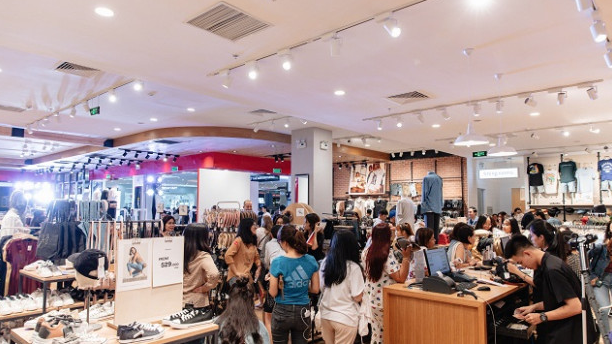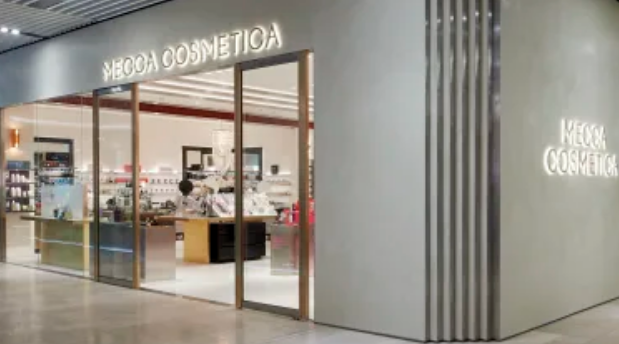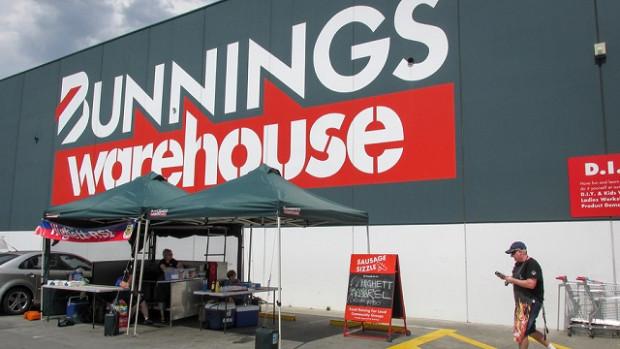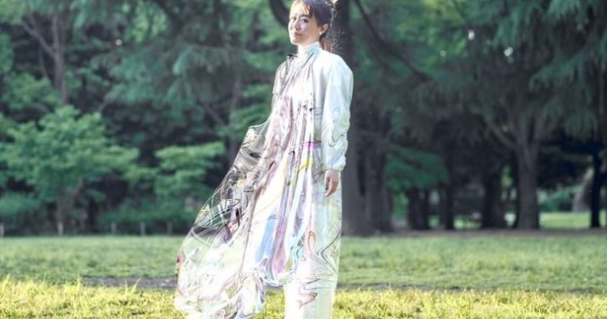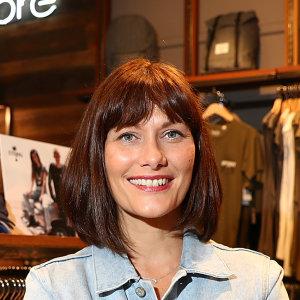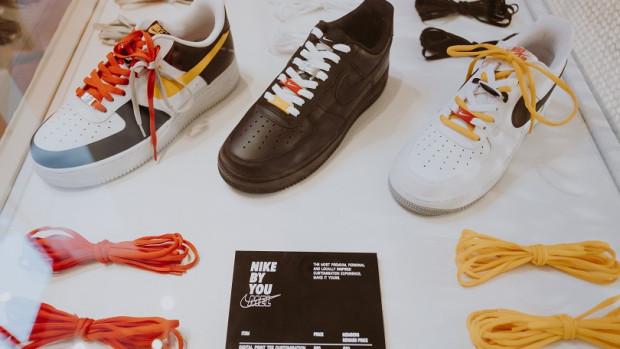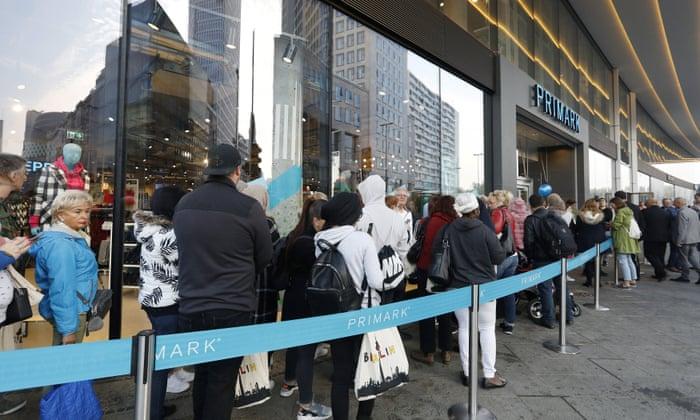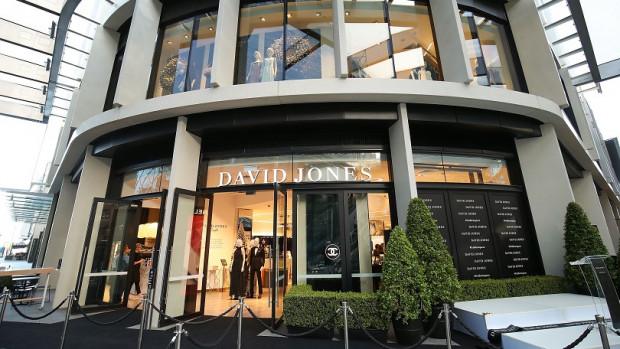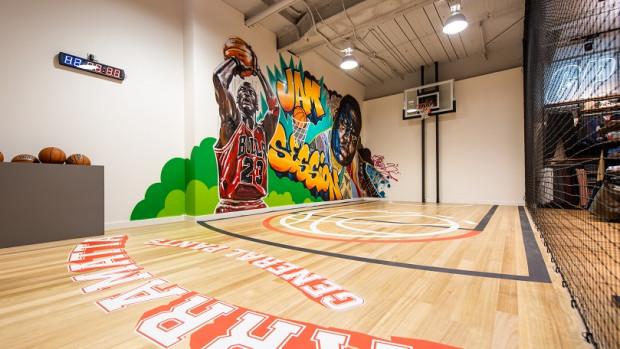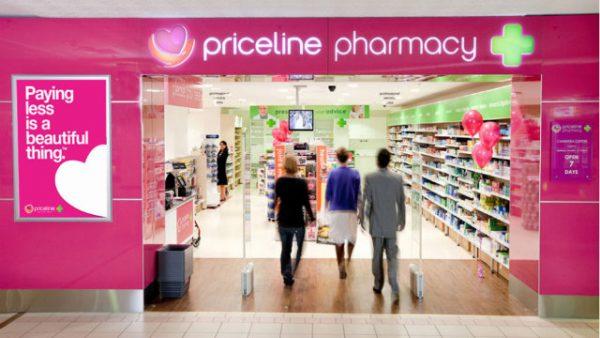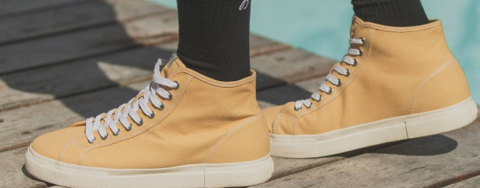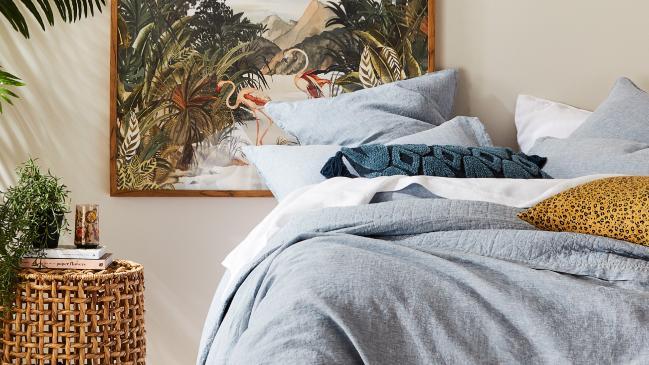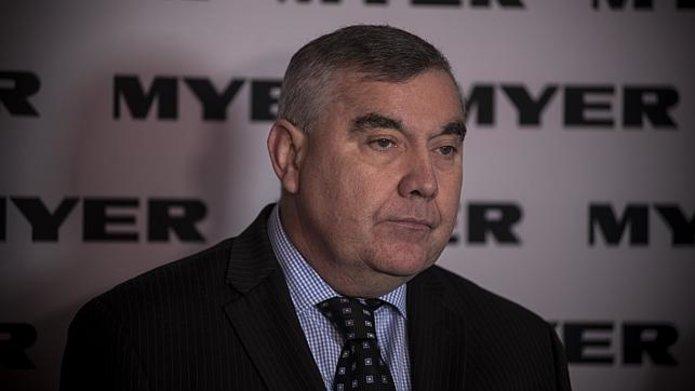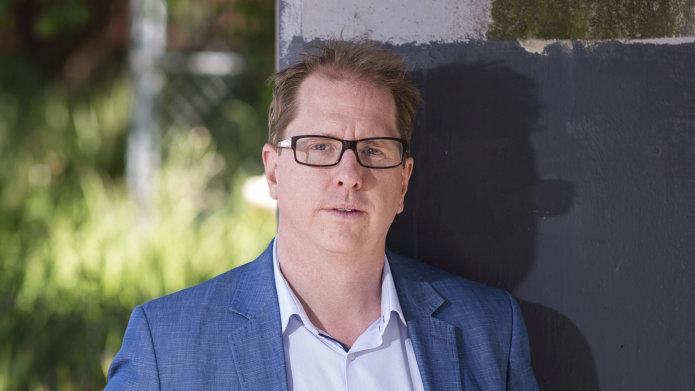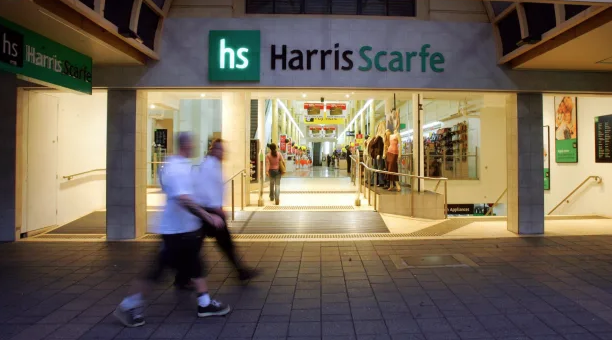
Homewares retailer Greenlit Brands is one step closer to distancing itself from troubled parent Steinhoff International after selling its general merchandise business, which includes Harris Scarfe and Best & Less, to private equity firm Allegro Funds.
Greenlit Brands, formerly known as Steinhoff Asia Pacific, has also sold to Allegro its plus-size women's clothing chain, Postie, and Harris Scarfe's Debenham's business, which is due to close its only store early next year.
The deal – foreshadowed in Street Talk in September – enables Greenlit to focus on its more profitable household goods businesses, which include Freedom, Fantastic Furniture, Snooze, Plush, OMF (Original Mattress Factory) and FutureSleep.
The sale of the general merchandise business is another step towards Greenlit's ultimate separation from Steinhoff International, either through an initial public offering of the household goods businesses or a trade sale.
The company changed its name to Greenlit Brands in September 2018 to distance itself from Steinhoff, which has been selling off assets to reduce debt after revealing holes in its accounts in 2017.
The company changed its name to Greenlit Brands in September 2018 to distance itself from Steinhoff, which has been selling off assets to reduce debt after revealing holes in its accounts in 2017.
Greenlit Brands lost $23.7 million net in 2018 after booking $55.7 million in refinancing and restructuring costs, but underlying earnings before interest, tax, depreciation and amortisation rose 3 per cent to $101.2 million on sales of $2.03 billion.
The household goods business, which comprises 319 retail stores with more than 3800 employees in Australia and New Zealand, earned about $58 million on sales of $1.05 billion.
The general merchandise business has annual sales of about $1 billion from 322 stores and employs about 6100 people. It earned about $11 million (EBITDA) in 2018, down from $29 million in 2017.
The sale price for the general merchandise business was not disclosed but the deal will enable Greenlit Brands to reduce $510 million in debt, which comprises a $254 million inter-company loan to Steinhoff and a $256 million syndicated bank facility.
Over the last 18 months Greenlit has been in talks with lenders about a management buyout, demerger and IPO and has explored trade sales, with suitors including private equity firm KKR, Harvey Norman and Nick Scali said to have shown interest in parts of the business.
“Disposal of the general merchandise business is a significant strategic initiative which will allow Greenlit Brands to concentrate on its core household goods brands and optimise their already strong position in the Australian and New Zealand markets," Greenlit Brands’ executive chairman Michael Ford said on Monday.
“In a sense, this transaction sees us return to our roots as a focused household goods group with a ladder of brands with demonstrable integration and as always, striving for our ambition to achieve remarkable retail," said Mr Ford, the former CEO of The Good Guys.
“At the same time, the general merchandise businesses will now join a group with a very strong track record in building and enhancing businesses with a single-sector focus. We believe this will unlock new opportunities for all the people working within these brands."
Allegro Funds managing director Fay Bou said the general merchandise business included leading retail brands with long-standing loyal customers.
"We look forward to supporting a highly experienced management team to transform each of the brands," Mr Bou said.
Harris Scarfe and Best & Less compete with Myer as well as Woolworths' Big W and Wesfarmers' Kmart and Target chains. Department stores have been losing sales and market share to online retailers and specialty stores.
Allegro is known as a turnaround specialist and won the TMA Turnaround of the Year Awards six times between 2008 and 2017. Current investments include Pizza Hut Australia, ice-cream maker Everest Foods, floor coverings chain Carpet Court, diagnostic imaging provider Perth Radiological Clinic, industrial services business Questas, and New Zealand's largest footwear retailer, the Ngahuia Group.
The general merchandise deal is expected to be completed in early December. Greenlit was advised by Monash Private Capital and Allegro was advised by Evans Dixon.


